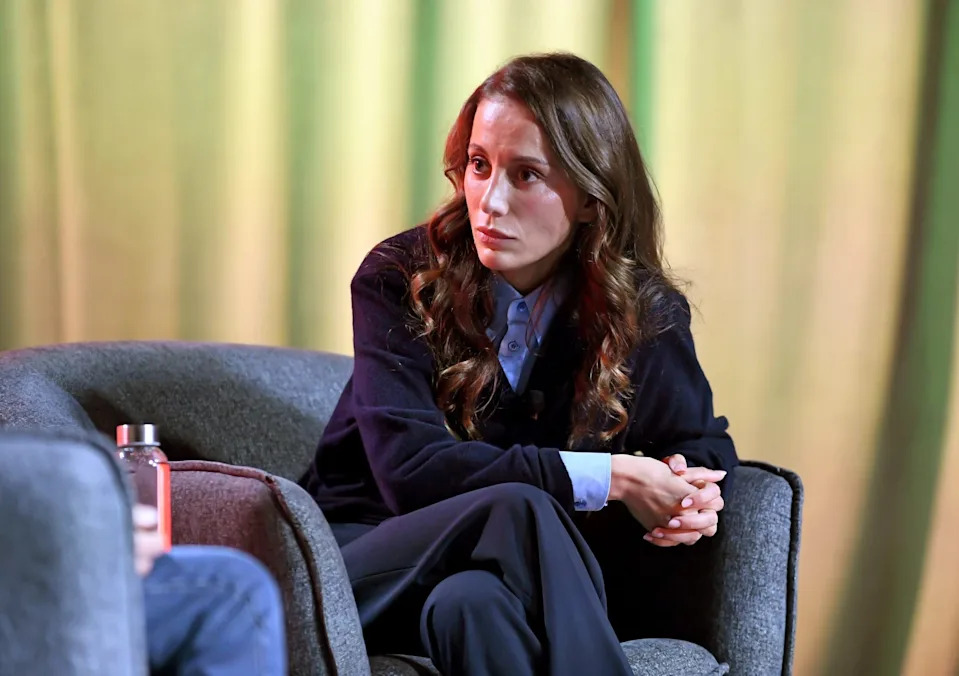With the markets in freefall and few exits to be found, it seems impossible right now to scrounge together $2 billion. Unless, perhaps, you’re Mira Murati.
Murati, the former CTO of OpenAI, started her Thinking Machines Lab shortly after leaving OpenAI last fall, and the fundraising process for the company has been followed with horse race intensity.
The latest: Business Insider reported Murati’s AI startup is looking to raise a $2 billion seed round. If true, it’s a jarring number, representing what could be the largest seed round in tech history. Given the investor frenzy for AI — and for AI startups with a certain pedigree in particular — the massive number is not as implausible as it might seem at first blush.
Take, for example, OpenAI cofounder Ilya Sutskever’s $1 billion seed raise for his new startup, Safe Superintelligence, which has reportedly reached a monster $30 billion valuation. Another touchpoint: Sierra, the conversational AI agent startup cofounded by Bret Taylor, OpenAI chairman and former Salesforce co-CEO, started in 2023 and last valued at $4.5 billion.
So, the OpenAI name commands venture dollars, that much is clear. And in addition to Murati herself, the Thinking Machines team is packed with OpenAI-drawn talent, from advisers Alec Radford and Bob McGrew to chief scientist John Schulman. Schulman, the OpenAI cofounder who led the development of ChatGPT, left OpenAI in August, and after an incredibly short tenure at Anthropic, jumped ship specifically to team up with Murati. (What’s not yet clear is what Thinking Machines actually does. The website’s language says the company’s goal is “to make AI systems more widely understood, customizable and generally capable.”)
The report of the Murati’s mega-seed — Murati and Thinking Machines are not confirming it or commenting — seems certain to reignite the debate about the state of the AI bubble, especially amid the volatile economic climate created by Trump’s tariffs.
Some observers have wondered if the AI boom has peaked, with Wall Street’s mixed reaction to the CoreWeave IPO and Microsoft’s recent pullback on a number of its AI infrastructure projects. VCs, additionally, are getting squeezed, as a dearth of exits is making it tougher to raise money from LPs.
So if Thinking Machines does draw $2 billion from investors, it’ll be a strong signal that the AI boom still has serious legs. And, of course, AI bulls will argue that $2 billion is a drop in the bucket compared to the company’s sweeping potential.
But it’s also important to think about this in a context beyond the AI boom—seed rounds have been getting steadily bigger over time, and AI’s massive development costs have only kicked that trend into high-gear. In 2015, the largest seed deal was for femtech pharma startup Addyi, clocking in at a now paltry-looking $50 million, according to PitchBook. In 2025 so far, PitchBook names Lila Sciences as the largest closed seed deal—at $200 million.



